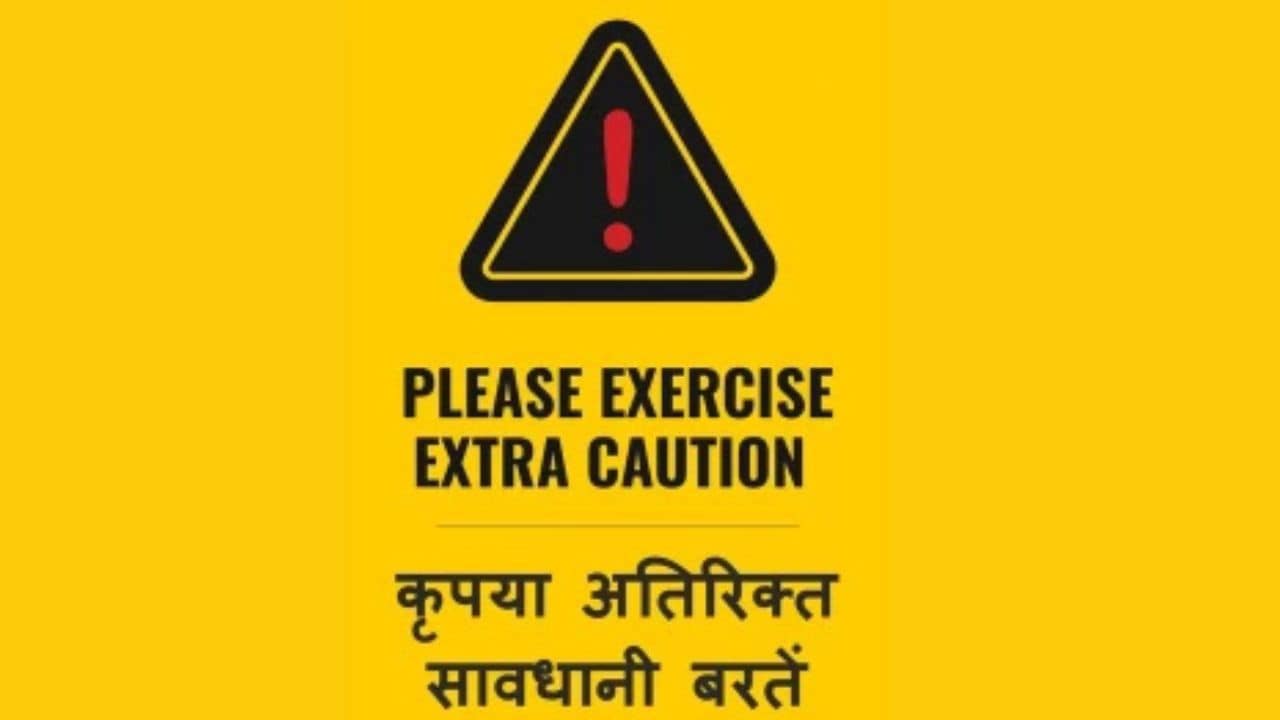In a striking reminder of the volatility of internet fame, the controversy surrounding Ranveer Allahbadia and Samay Raina shows how quickly popularity can turn into a public relations disaster. Allahbadia, once a prominent figure in the online space, has seen a sharp decline in his following. Meanwhile, Raina’s show, India’s Got Latent, has found itself on the receiving end of a significant setback, losing out on lucrative brand sponsorships.
One apparel brand, which had previously explored a partnership with Raina’s show, has now decided to distance itself. “The show has not been effective in elevating the brand,” said a representative. “In fact, it has occasionally attracted negative press, which brands are hesitant to engage with. No company wants to risk regulatory scrutiny or face backlash from the audience.”
Among the casualties of this fallout is XYXX, a leading name in the country’s premium innerwear market, which had planned a sponsorship deal for 2026. The brand had been prepared to commit upwards of Rs 35 lakh per episode, a sum that now remains off the table in light of recent developments.
“More than the controversy, brands are wary of Samay Raina and IGL since the brand collaborations have not at all panned out as expected. There is a lot of chatter within the marketing fraternity about brand guidelines not being followed and custodians not being given any say in the script or content,” Petal Gangurde, chief of brand and culture at XYXX Apparels, tells Storyboard18.
Brand custodians suggest that while the controversy surrounding Samay Raina is likely to simmer down in time, its effects will undoubtedly resonate in the long term. Already, the incident has prompted both brands and influencers to reconsider the transient nature of social media fame and its potential risks.
Read more: BeerBiceps’ “cringe” comments cost him thousands of followers – Are brands next?
Chandan Sharma, General Manager of Digital Media at Adani Group, offers a pointed analysis of the situation, asserting that much of the response to the Raina debacle reflects an unabashed scramble for attention and the monetization of fleeting moments of visibility. “The reactions are driven by a raw desperation to stay in the spotlight and capitalize on the attention,” Sharma observes.
“People like Raina go by the philosophy of ‘every kind of publicity is good publicity’. They don’t care about the quality of the content or its impact on the people watching it.
Internet stardom, experts argue, cannot endure unless it is anchored in solid ethical principles. The unpredictable nature of social media, often governed by its unforgiving “cancel culture,” means that a single controversial remark or misstep can trigger a cascade of backlash. The fallout is swift and severe, often leading to a sharp decline in followers, the forfeiture of brand partnerships, and irreparable damage to one’s public image. What may have taken years to cultivate can be undone in mere days, leaving once-prominent figures to fade into obscurity.
The Fragility of Fame
The internet, often lauded for its power to catapult individuals to fame, also serves as a swift instrument of accountability—a lesson that Samay Raina is now learning the hard way. His rise was fueled by relatability and humor, but when content veers into controversial territory, both platforms and audiences are quick to exact consequences.
“Fame today is fragile—one misstep, and the very internet that made you can unmake you. It is as much an equalizer as it is a catapult,” observes Vinayak Burman, founder and creator, The Lifeboat Series.
Meanwhile, YouTube’s recent decision to curb misogynistic content marks a significant shift in the digital landscape, reinforcing the notion that virality is not a carte blanche. Content creators are being reminded that unchecked success can quickly turn into a liability.
This episode, however, poses a considerable setback for the stand-up comedy scene in India, potentially stifling the growth of the industry as a whole.
“It had grown so beautifully with brands getting into collaborations and some comics becoming influencers. I feel brands would now avoid doing such collaborations and it would have a domino effect on a segment of the influencer industry which was growing rapidly”, highlights Sumon K Chakrabarti. Co-founder & CEO, Buffalo Soldiers.
Chandan Sharma of the Adani Group predicts that creators like Samay Raina may encounter significant challenges in the near future. “It reminds me of when Tanmay Bhat’s AIB faced intense criticism, ultimately leading to its closure. I wouldn’t be surprised if Samay faces a similar fate,” Sharma reflects.
For content creators and stand-up comedians, Sharma notes, the unpredictability of the business adds another layer of difficulty. “With the nature of the work requiring impromptu performances, creators will need to exercise caution when sharing anything that goes public,” he explains. “What offends people today is nearly impossible to predict. A seemingly harmless or offhand remark can quickly be interpreted through various lenses, depending on the context and the person who chooses to take offense.”
Brand strategist Llyod Mathias echoes this sentiment, emphasizing that creators must become more guarded and mindful. “They’ll have to approach their content with a greater sense of personal caution, understanding that what might seem harmless to one audience can be perceived as offensive by another.”
Aarti Notiyal, Director of Marketing at Bubble Communication, argues that the quest for virality should never overshadow the responsibility creators bear, especially when their content can potentially harm vulnerable audiences. “The power of influence demands a corresponding level of ethical awareness and accountability,” she asserts, emphasizing the importance of considering the broader impact of online content.
On a similar note, Mathias suggests that the legal framework surrounding such issues should evolve to reflect a more nuanced perspective. “Not every remark made during a comedy show should automatically result in severe backlash,” he states, calling for a more mature and balanced approach within our legal and regulatory systems when it comes to online content and humor.
